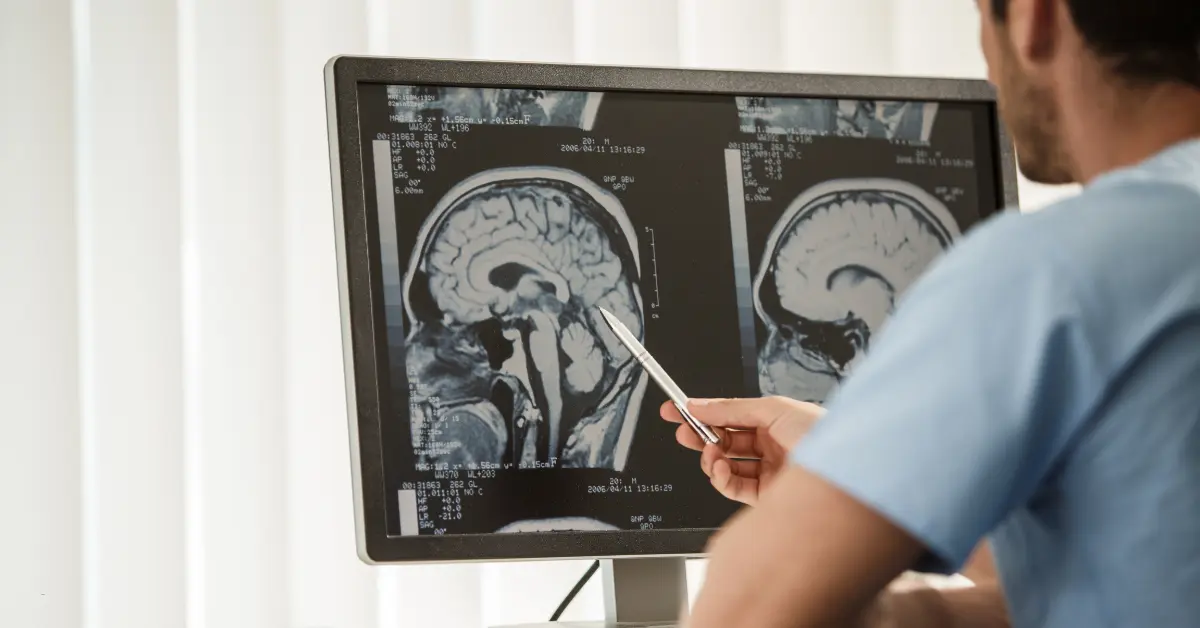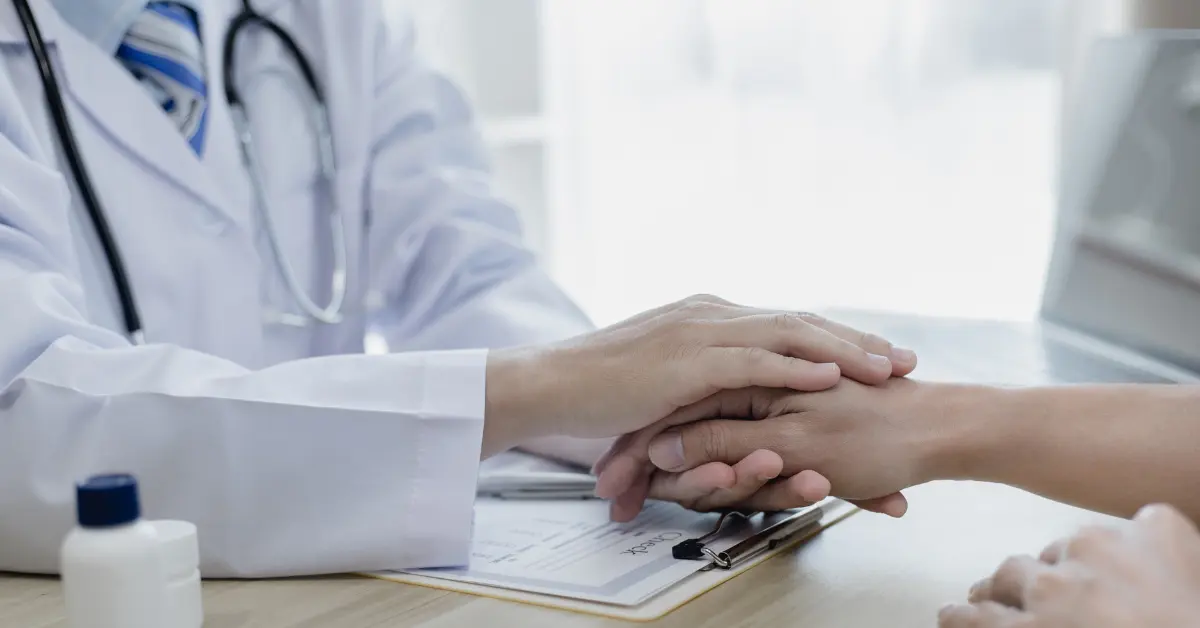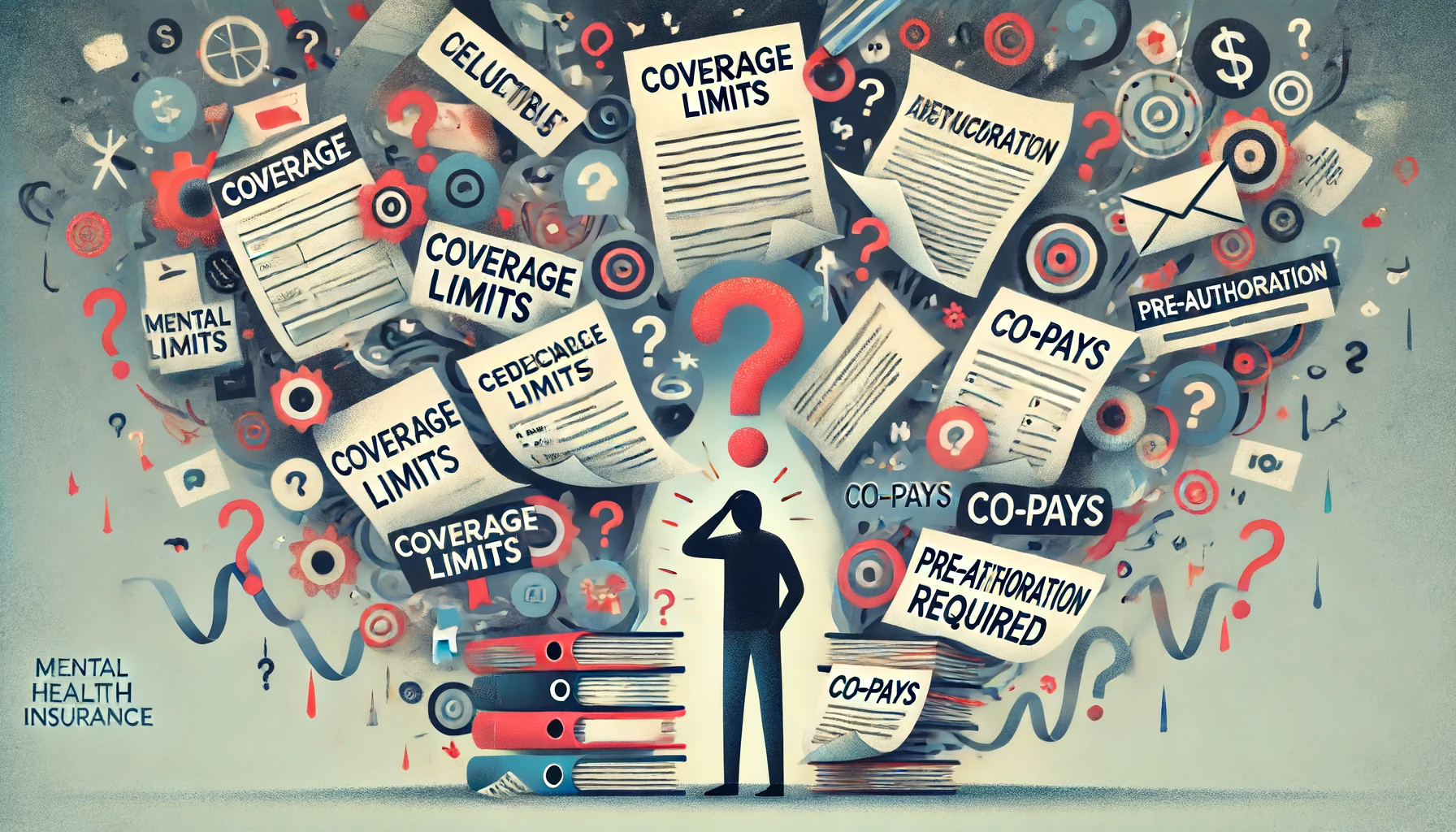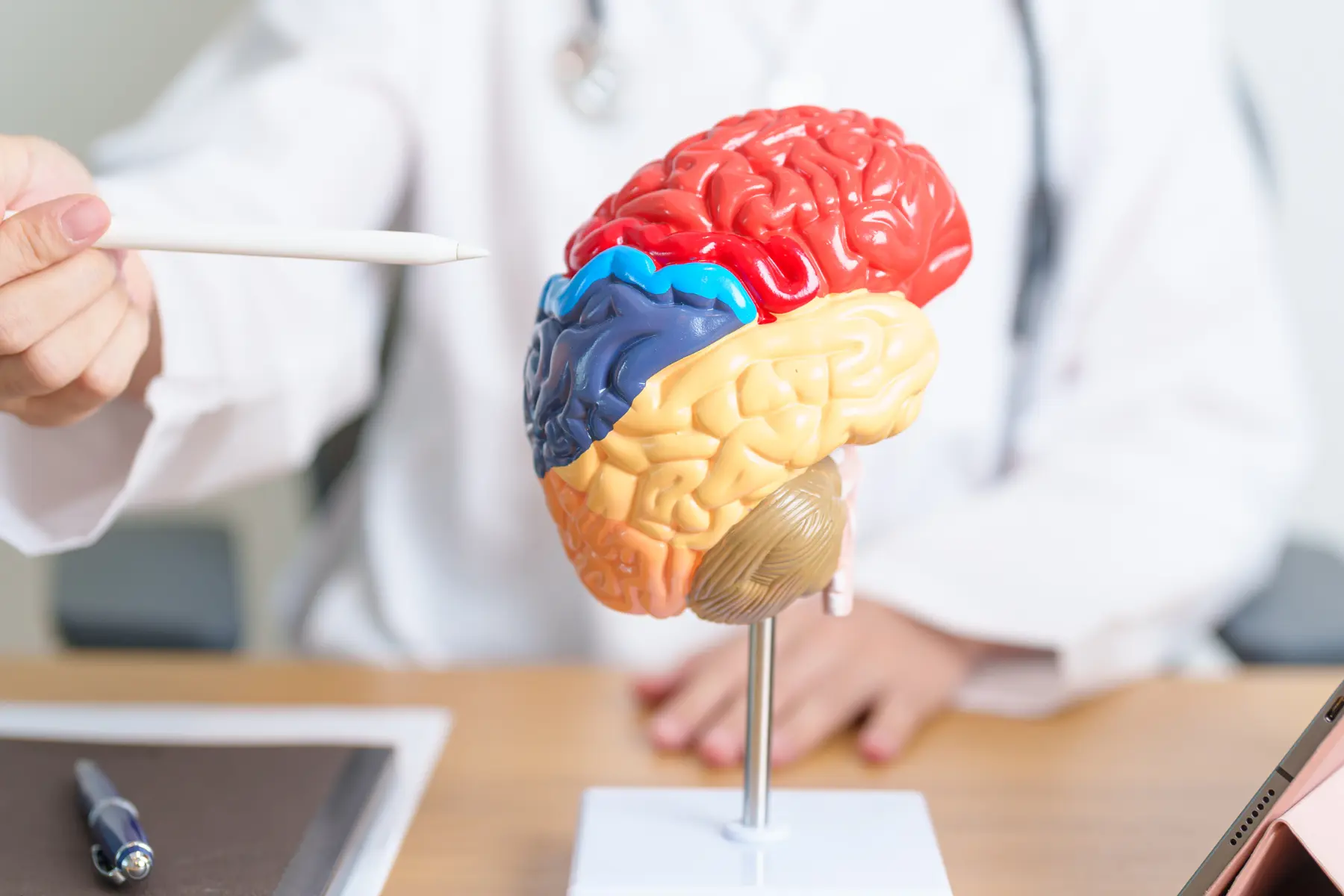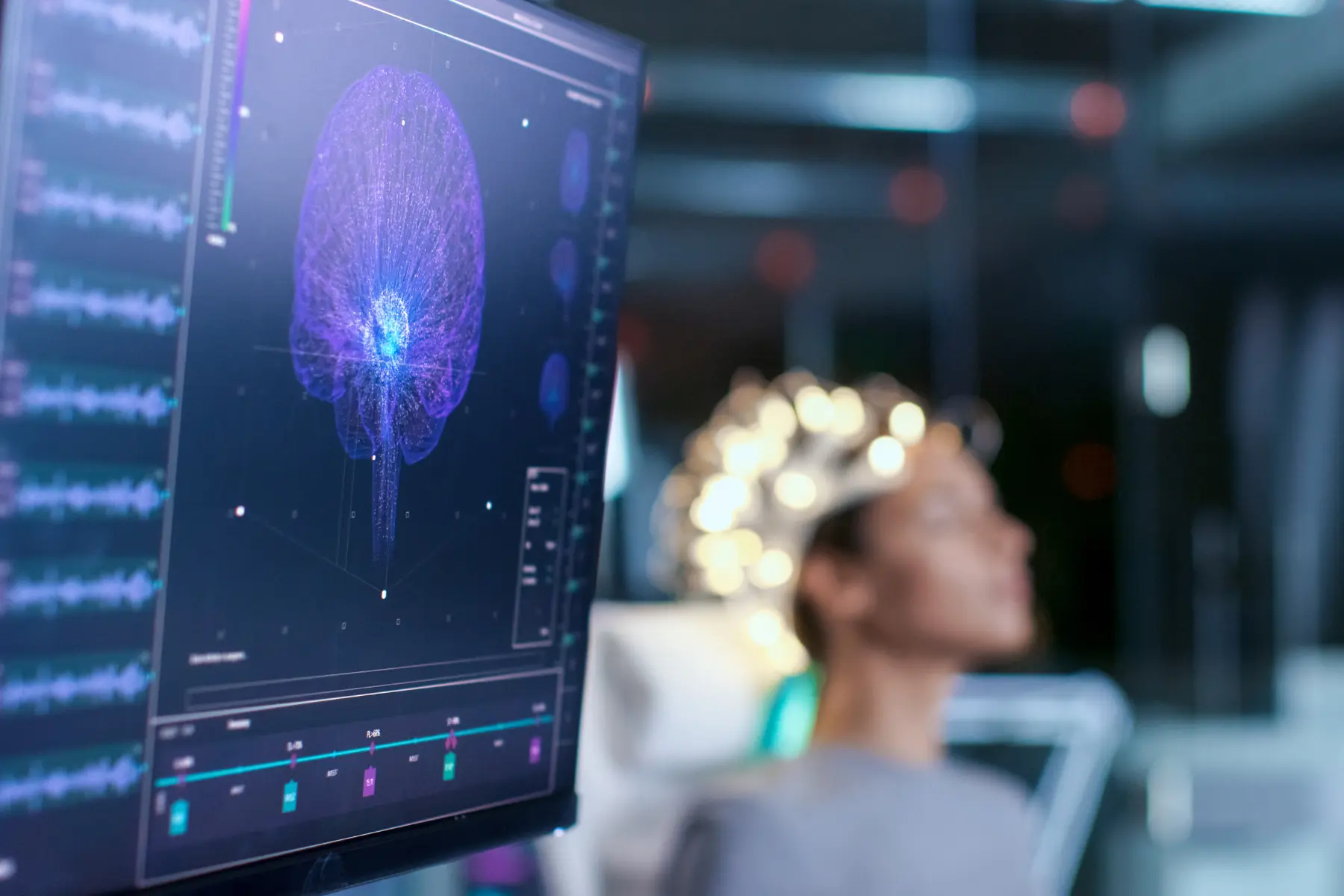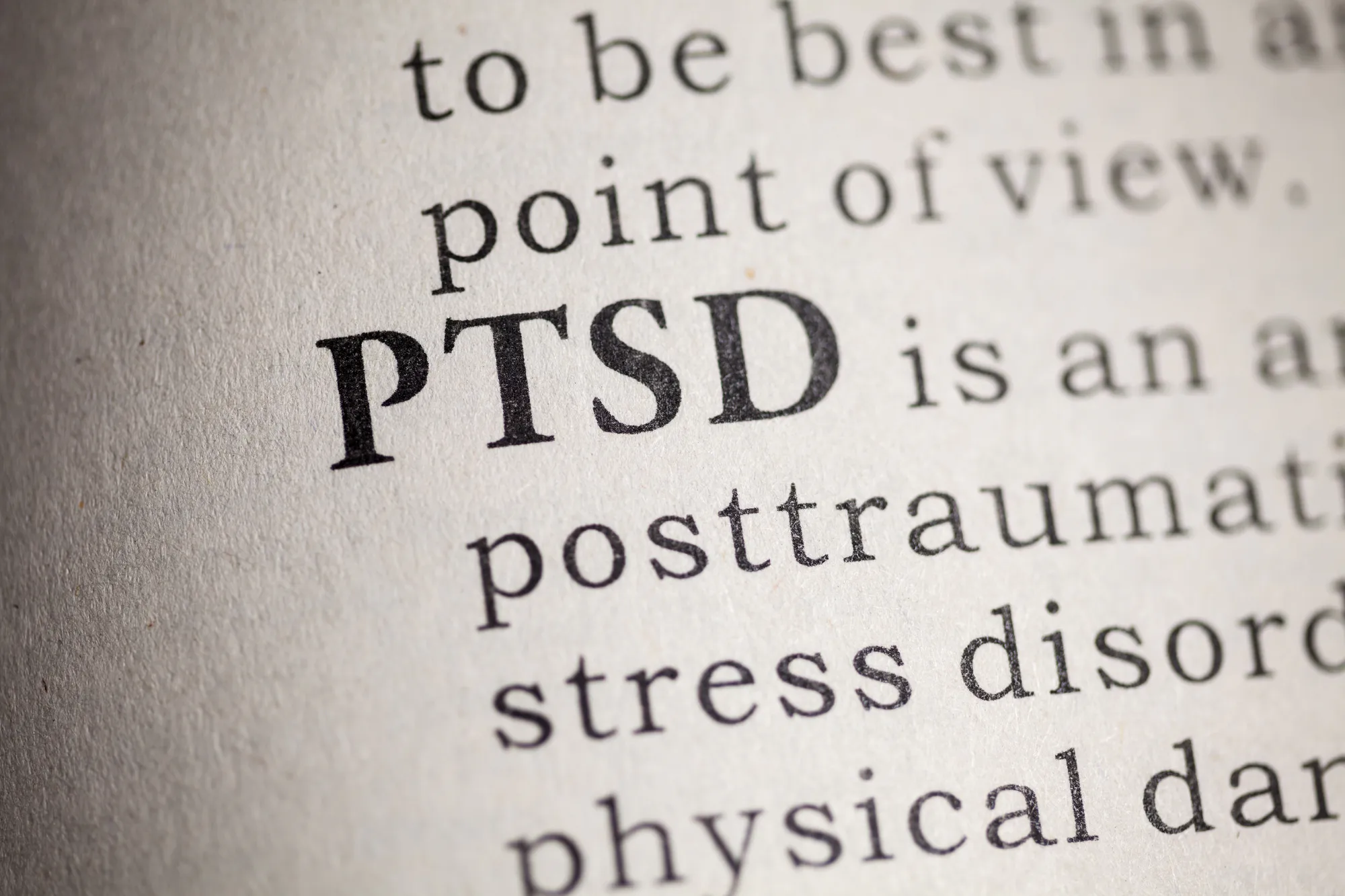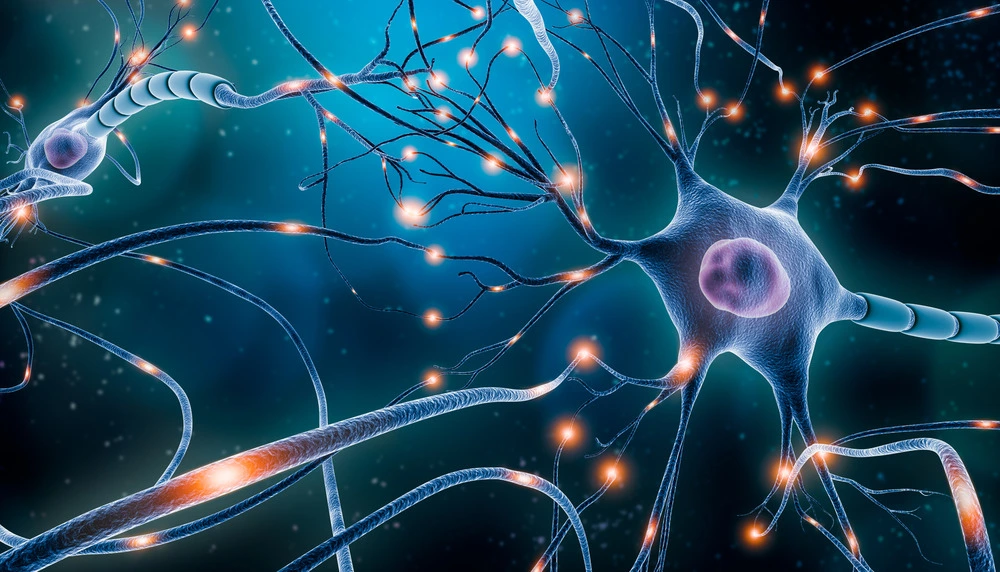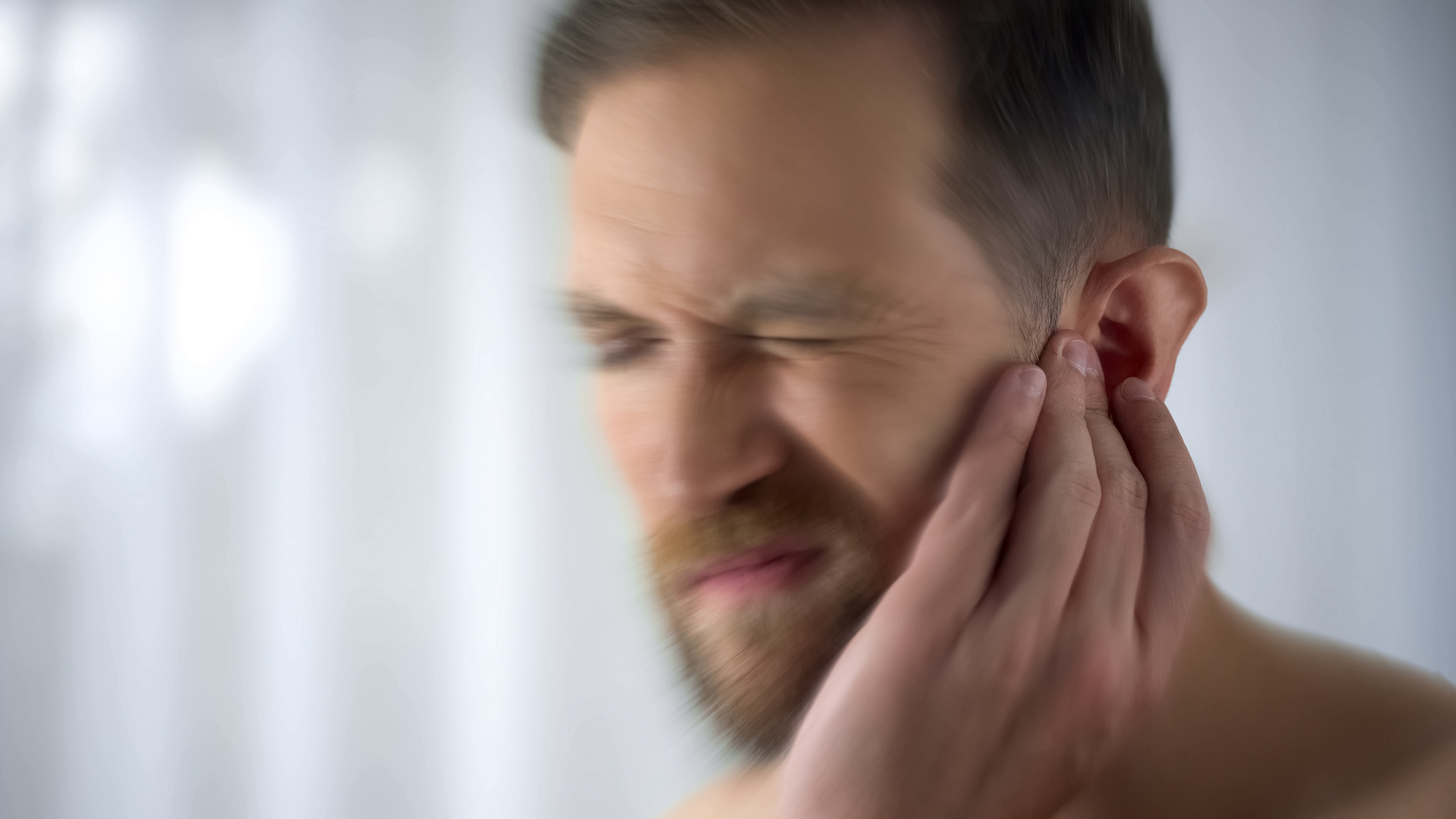Concerning Magnetic Therapy for Bipolar Disorder
TMS Therapy was initially FDA-approved in 2008 for the treatment of Major Depressive Disorder and has slowly obtained new approvals for other indications since. In Europe, TMS is approved with a CE Mark for the treatment of Bipolar Disorder, PTSD, Depression, Multiple Sclerosis, Stroke recovery, and even Alzheimer’s Disease. For many years, psychiatrists and researchers were concerned about using TMS therapy for bipolar depression. After all, couldn’t it switch someone with a propensity for mania into mania?
Risks of TMS Therapy for Bipolar Disorder
The concern was valid, as manic episodes marked by reckless, impulsive decisions, lack of sleep, and drastic mood changes can be dangerous and lead to traumatic hospitalizations. However, the logic didn’t necessarily track–we know that the brain of someone with unipolar depression compared to someone with bipolar depression looks pretty much. Both brains display hypoactivity in the left dorsolateral prefrontal cortex, the most common brain area targeted in depression with TMS. As such, the FDA officially approved TMS for bipolar depression in 2020. As researchers continue to optimize their treatments for bipolar disorder, one particular study illuminated an interesting new protocol that mitigates the risk of mania while acting as a powerful alternative treatment for bipolar depression.
Examining a Novel rTMS Protocol for Bipolar II Depression
A notable 2022 study, published in the respected Journal of Clinical Medicine, presents an intriguing approach to using TMS for treating Bipolar Depression Type II. This rare study focused on 23 patients with Bipolar II Disorder, a condition that often presents treatment challenges. TMS, while effective for bipolar disorder, carries a risk of inducing mania, similar to SSRIs. The study explored an innovative way to mitigate this risk.
The authors used a modified TMS protocol by adapting the standard TMS protocol and then reducing the duration of stimulation to the left dorsolateral prefrontal cortex by two-thirds. The standard protocol is the most common TMS treatment protocol that exists today and is considered to be a form of excitatory stimulation. It’s often referred to as “10 Hz” and is characterized by 10 magnetic pulses per second for 5 seconds straight, followed by a rest period of about 12 seconds. This cycle then repeats for 18 minutes, totaling about 3,000 pulses per second. In this study, the researchers prescribed only 1,000 pulses per session.
Fewer Pulses, Higher Responses
Impressively, the authors reported a 78% remission rate after one month of treatment, a significant outcome for this patient group that seems to rival only Accelerated TMS or SAINT. Furthermore, over 25% of patients entered remission after just 10 sessions. All patients were on mood stabilizers, and many were also prescribed benzodiazepines. Notably, the use of benzodiazepines did not negatively impact the efficacy of TMS. It has been a common understanding in the field that benzodiazepines may impact how effective TMS can be, but many studies have now refuted that.
The study’s cautious yet effective application of TMS reflects our focus on balancing efficacy with safety. By adjusting TMS parameters, we aim to maximize therapeutic outcomes while minimizing risks, such as the potential for mania in bipolar disorder treatments. In our experience, we have found that TMS might actually be more effective for individuals suffering from bipolar depression compared to unipolar depression.
A Step Forward in Bipolar Disorder Treatment
The 2022 study on a different rTMS protocol for Bipolar Depression Type II marks a significant step in treating this challenging condition. Much like the authors of this study, our approach at Bespoke Treatment emphasizes the importance of customizing treatment modalities. The study’s innovative protocol, which adjusts TMS duration and intensity, mirrors our commitment to adapting therapies to suit each patient’s unique condition and response patterns.
Bespoke Treatment’s mission is to offer innovative, patient-centered, and safe psychiatry in Los Angeles and Santa Monica. As we continue to explore and refine such treatments, we remain dedicated to empowering our patients with the most effective, personalized care in their mental health journey.




